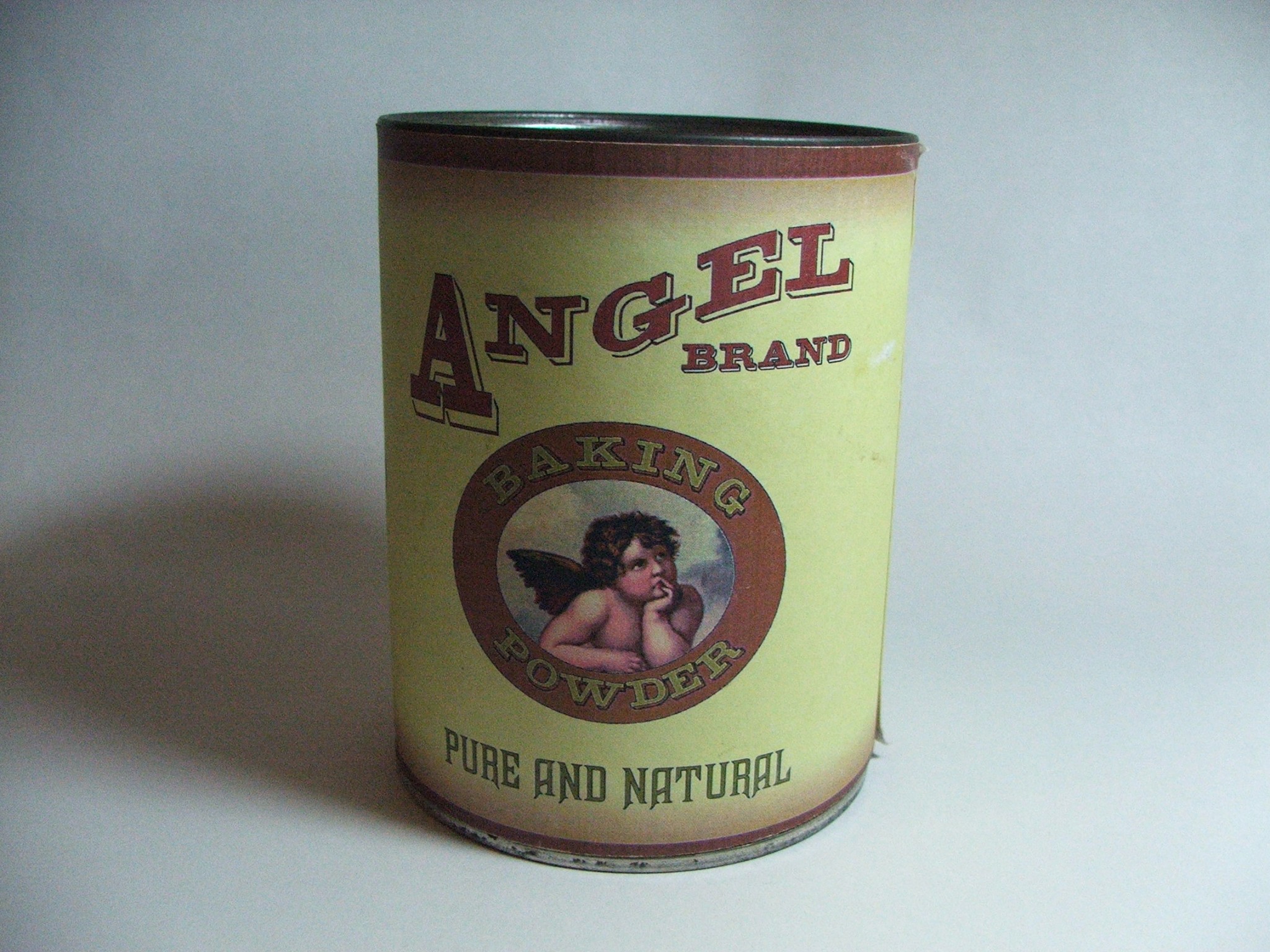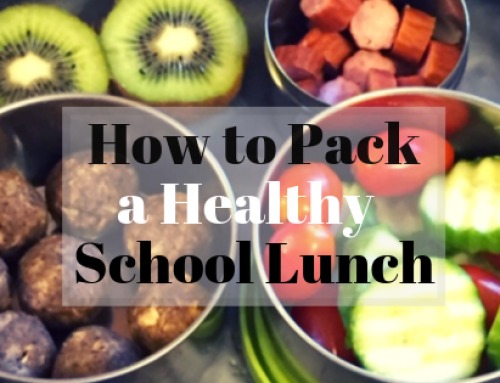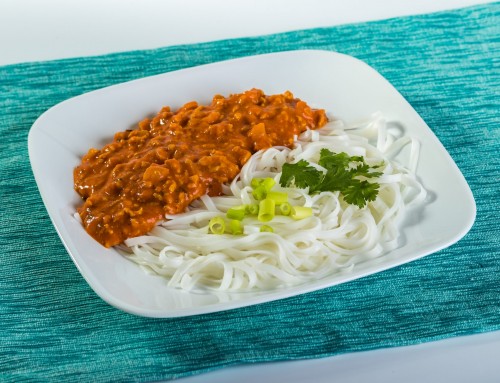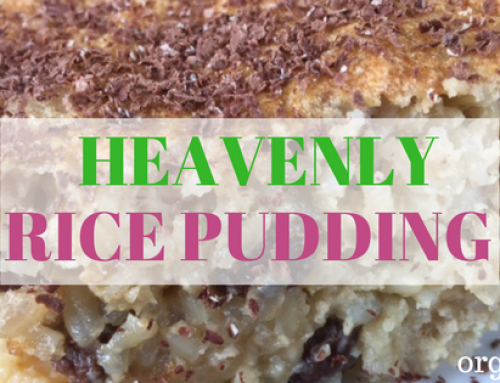I know that you were all waiting for tip #4 for dealing with picky eaters, but I wanted to make you aware about how to choose a good baking powder. In the future, if I have more tips like that, I will interrupt the picky eaters series again. But do not worry, the picky eaters series continues. There are many more tips coming up. If you missed the previous ones, here they are: tip #1, tip #2, tip #3.
Baking powder is a staple in many kitchens. It is a great leavening ingredient used in a variety of baked goods. We use it so that the end result rises beautifully and becomes fluffy.
But are there any problems with baking powder? Is one baking powder better than another?
There are three issues associated with baking powder:
- Some baking powders contain a tiny amount of aluminum. Aluminum is a known neurotoxin and chronic exposure to aluminum has been linked to the etiology of some neurodegenerative diseases such as Alzheimer’s. (source 1) The Canadian Center for Occupational Health and Safety states that there is “no absolute evidence” between exposure to aluminum and Alzheimer’s disease (source 2)and more research is needed. Their page was last updated on August 5, 2008. A quick search on PubMed (source 3) takes us to numerous articles published in the last 5 years where baking powder is linked to development of Alzheimer’s.
- Baking powder contains corn starch. Some people are sensitive or allergic to corn and they should avoid baked goods that use corn starch-containing baking powder. Also, corn is often genetically modified and some of us choose to avoid genetically modified foods (source 4).
- Some brands of baking powder contain wheat (source 5) and some of us are sensitive or allergic to wheat and we have to avoid it.
How to solve these three problems? It is quite simple: read the label of your baking powder container. Make sure it is labelled “aluminum-free”, “non-GMO cornstarch” or “organic cornstarch”, and “wheat-free”. Sometimes “organic rice starch” replaces corn starch and this is good option as well.
For those of us that do not want to use baking powder, we can go a step further and use only baking soda (which is in fact an ingredient in baking powder) mixed with lemon juice, vinegar, or mineral water.
Do you want to know if your baking powder is still fresh and active? Mix 1 teaspoon of baking powder with a few tablespoons of hot or warm (not cold) water. If the baking powder is still fresh, the mixture will make lots of bubbles.
Buying a healthier version of baking powder is an inexpensive switch that can benefit us and our family in the long run.
Do you want to know where else we get our aluminum exposure from? Here are some sources (source 1):
- aluminum pots and pans
- some sunscreens
- some deodorants
- some medications
- some processed baked goods
- other processed foods with aluminum additives (gravy, sausages, luncheon meats, cheese, etc.)
- drinking water
Have you ever read the label of your baking powder? What does it say?
Sources:
- http://iospress.metapress.com/content/582175202m7j29h1/fulltext.pdf
- http://www.ccohs.ca/oshanswers/diseases/alzheime.html
- http://www.ncbi.nlm.nih.gov/pmc/articles/PMC3986683/,
- http://www.davidsuzuki.org/what-you-can-do/queen-of-green/faqs/food/understanding-gmo/
- http://www.whfoods.com/genpage.php?tname=george&dbid=71







Leave A Comment